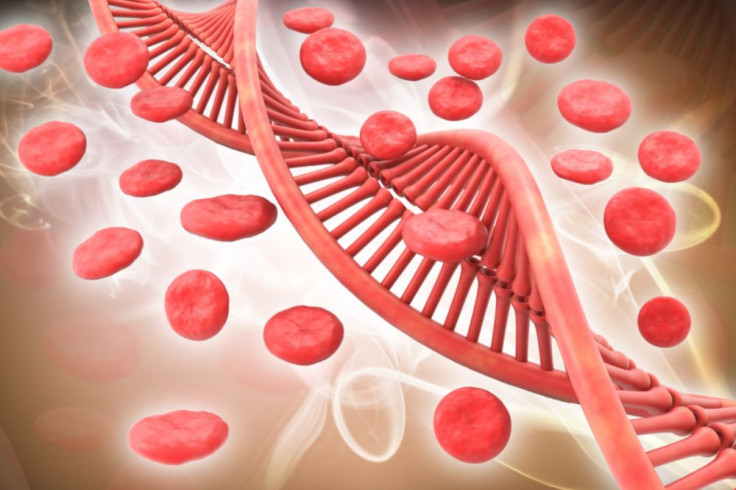Peanut Allergy Oral Immunotherapy Changes DNA: Alteration In Gene Expression Possible Way To Monitor Treatment's Long-Term Effectiveness

The gradual introduction of small doses of peanuts to people with a peanut allergy could alter how their DNA reacts, according to new research from Stanford University and Packard Children’s Hospital. The research supports a growing body of evidence for oral immunotherapy (OIT) including recent positive results from the University of Cambridge. This latest study, published in the journal The Lancet, suggests that when kids slowly increase their tolerance to the allergen, OIT changes how their genes express themselves inside the body.
Scientists call this type of DNA alteration an epigenetic change, from the Latin word epi, which means above. An "epigenetic" change literally means an alteration that is "above" the genes that a person is born with.
Currently, doctors have no cure for peanut allergies, which can cause severe reactions including death. In the study, researchers examined the blood cells of a group of 20 peanut-allergic children and adults who had undergone immunotherapy for two years. That meant that doctors had these patients eat gradually increasing amounts of peanut powder every day for two years until they became desensitized to the allergen. At the start of the trial, the patients were already able to eat four grams of peanuts every day with no signs of an allergic reaction.
To test the success of the immunotherapy (and find out the mechanisms behind it) the doctors told the patients to stop eating peanuts for three months, and then gave them a small dose. Seven out of the 20 patients had no reaction to the peanuts, while 13 regained their allergy. The researchers compared the white blood cells of the patients who could now tolerate peanuts with a control group who had never had immunotherapy before. More specifically, the researchers looked at the genes within these white blood cells.
For the patients who never received immunotherapy (the control group), a large number of chemical tags called methyl groups were now affixed to their DNA. These methyl groups controlled how certain genes actively expressed themselves in the body. The large clump found on the control group’s genes had locked, or silenced, the genes that were supposed to help them fight off the allergic reactions.
In contrast, the researchers found that the seven patients who could now tolerate peanuts showed a very sparse number of methyl groups on their DNA, meaning that the genes that help them control their allergic reactions were free to actively work within their body.
"It's interesting that the change we saw is at the epigenetic level," Nadeau said in a news release. "This might help us tell people if they can safely go off of immunotherapy, or if they need to continue to eat the food every day."
Nadeau also said that examining epigenetic changes could help monitor how effective OIT is for certain people — according to Nadeau, the method is inexpensive but requires FDA approval before it can be used for a general population.
Source: Syed A, Garcia M, Lyu S, et al. Peanut oral immunotherapy results in increased antigen-induced regulatory T-cell function and hypomethylation of forkhead box protein 3 (FOXP3). The Journal of Allergy and Clinical Immunology. 2014.
Published by Medicaldaily.com



























